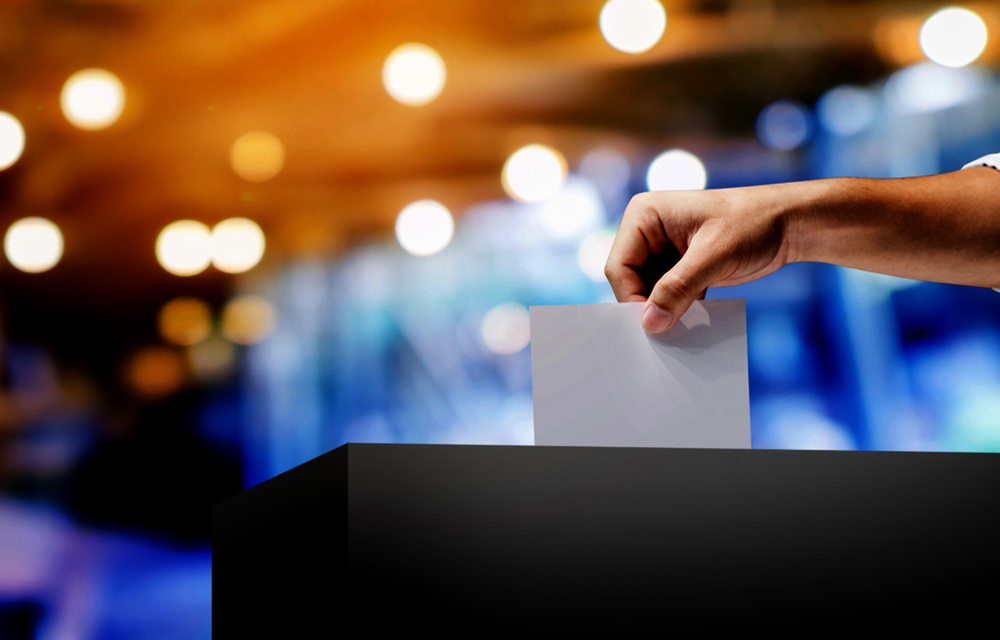There is a real risk of foreign meddling.
Others are reading now
Recently, French politician Raphaël Glucksmann, a candidate in the European elections, was accused on social media of being a CIA agent. This accusation, attributed to “pro-Chinese actors,” has sparked concerns about similar tactics being used against other candidates or parties.
This comes after President Emmanuel Macron’s unexpected announcement of the dissolution of the National Assembly and the scheduling of legislative elections with just three weeks of preparation and campaigning.
The Risk of Foreign Interference
Senator Agnès Canayer, co-rapporteur of a proposed law on election interference, emphasized the real risk of foreign meddling. “An election is always fertile ground for interference, especially national elections,” she stated.
This risk is compounded by certain countries openly pursuing their ambitions. For example, Margarita Simonyan, head of the pro-Kremlin media outlets RT and Sputnik, has admitted to creating channels aimed at influencing the American population according to 20minutes.
Also read
Exploiting Divisions
France, like its European neighbors, is targeted by foreign interference. In May, during riots in New Caledonia, pro-Azerbaijani accounts exploited the situation by posting inflammatory content.
This led Interior Minister Gérald Darmanin to publicly accuse Azerbaijan of interference. Unlike other European voters, French voters were less targeted by narratives discouraging voting. Instead, two dynamics were observed: denigrating candidates or parties through coordinated posts, as seen with Raphaël Glucksmann, and supporting candidates using similar methods.
The True Impact of Interference Campaigns
Pro-Russian accounts, as revealed by Médiapart, spread favorable messages for Jordan Bardella and the National Rally. The party denied involvement and condemned the operation. Although these messages did not gain significant traction on social media, the campaigns’ impact lies in the repetition of messages and the strain on fact-checking resources.
Fact-checkers across Europe have been busy verifying false content, a strategy dubbed “operation overload” by the Finnish company Check First, which aligns with Kremlin interests.


